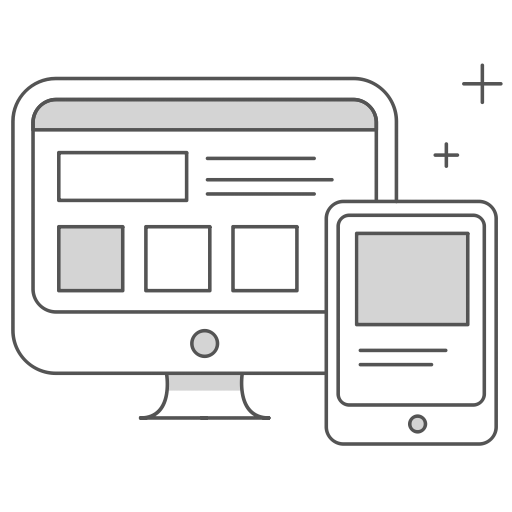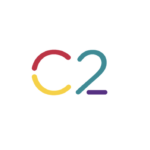RFP Funding Tracks
Proposals under Track 1 are for innovative yet practical deployments of congestion reduction technologies to communities that most need them. Researchers will launch collaborative, interdisciplinary, initiatives which enable readily transferrable multimodal technologies and solutions. Proposals should take advantage of infrastructure, testbeds, or large and novel datasets that will break new ground in our understanding of congestion reduction systems. These can be novel approaches using artificial-intelligence/machine-learning (AI/ML)-based methods in combination with complex simulation and modeling approaches. Research under this track shall advance the state of practice while having direct applications to real-world issues facing transportation systems and users.
Proposals may also leverage models and real-world data into the development and deployment of data-driven tools, centered around fairness and equity in long-term decision-making where they are deployed. These can further implementations of responsible AI, smart cities and infrastructure, and adaptable infrastructure under the threat of major external disruptions such as COVID-19.
Research proposals under this track should identify and feature the following components:
- Technology product releases, prototypes, or tools aligned with U.S. DOT Technology Transfer goals. Examples may include mobile applications, field installation of equipment, web-tool to model or analyze data, prototype of a new sensor/device, etc.
- Implementations or pilot demonstrations to meet needs identified by agency or community partner goals. Examples may include new techniques or processes fitting a need that has been previously identified by user groups or project partners.
- Agency or industry partner for the real-world implementation/demonstration of the project output or requesting/driving the need for the policy or analysis. Partner commitment must be gained prior to authorization of the project.
- Performance measures related to equity outcomes or impacts identified as addressing underserved communities or population.
Preferred proposals:
- New, innovative, transformative project ideas that aren’t continuations of ongoing work, and can even serve as seed projects for larger, national, efforts.
- Continuation projects will be considered if outstanding agency partner need (and cost share) or significant real-world impact has been demonstrated.
- Interdisciplinary or multi-university partnerships within the consortium or other UTCs designed to expand the scope and impact of C2SMARTER research outcomes.
- Real-world implementations or deployments with partner agency/industry demonstrated need, commitment to participate in a meaningful way in the project, and/or cost-share matching funding.
Proposals under Track 2 will create programs that will teach transformative technologies/methods that will reduce congestion to one or more diverse student groups, from primary-level students through working professionals. They will (1) equip students with the foundational knowledge they need to begin their careers, as well as instilling soft skills like adaptability and willingness to learn and experiment; or (2) help current industry and agency professionals upskill to master new technologies and keep up with rapid technological change.
Example initiatives:
- Consortium student-driven research projects or capstones with mentorship
- Cross-school and multi-entity learning and collaboration opportunities, including internships and other placement programs
- K-12 targeted programs to interest and cultivate a new generation of transportation professionals
- Technology/skills development in Rural, Isolated, Tribal, or Indigenous communities
- Certificate programs or apprenticeships for new technologies, cybersecurity, or analytics for congestion reduction
- Upskilling programs for agency staff and other working professionals
Proposals under this track should identify and feature the following components:
- School or agency/partner organization commitment to participating in the program.
- Plan to target or improve diversity among participants in identified programs, including attracting those from underrepresented backgrounds.
Proposals under Track 3 will develop and execute outreach focused on equitable outcomes, for targeted and effective technology transfer across partnerships, communities, and diverse student groups. Activities shall rely on the diverse talents, connections, and makeup of the multi-university consortium. They aim to leverage diverse institutional relationships with city and state agencies, and with the local communities who rely on them, enable technology transfer efforts to address even the most complex issues, including land use policy, multimodal deployment, and high transportation costs.
Example initiatives:
- Symposia with academia, industry, and agencies to explore the ways in which specific C2SMARTER research most impactful towards congestion reduction
- Community-based workshops, event or program to study the impact of transportation infrastructure projects and policies on underserved or marginalized communities (including Rural, Isolated, Tribal, or Indigenous [RITI] communities)
- Tools to increase knowledge capture and sharing research outcomes, performance measures, tools, benefits, and best practices to diverse audiences
Proposals under this track should identify and feature the following components:
- Identified need or committed participation in the described programs from industry, agency, or community partner.
- How the effort will address previously-identified congestion reduction or equity issue(s).
- How the effort will build off ongoing diversity & inclusion activities to continue making strides in this area.






